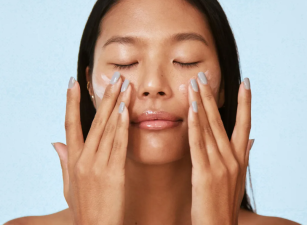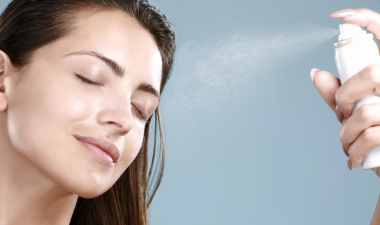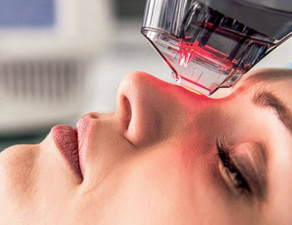The 5-Step Night Routine Dermatologists Actually Approve
Nighttime skincare before bed is crucial for maintaining healthy skin, but how should we care for our skin? What are the steps and methods for this evening skincare routine?
Nighttime skincare before bed is crucial for maintaining healthy skin, but how should we care for our skin? What are the steps and methods for this evening skincare routine?
- Thoroughly cleanse your face to remove dirt and oil:
Nighttime, your skin produces oil and picks up dust and makeup residue from the environment. Failure to cleanse promptly can lead to clogged pores and inflammation. Choose a cleanser suitable for your skin type, gently massage, and then rinse with warm water to ensure your skin is clean and primed for subsequent skincare steps.

- Use a gentle toner to help balance your skin's pH:
After cleansing, the pH balance on the skin's surface may be temporarily imbalanced. Toner quickly replenishes moisture and regulates the skin's environment. Avoid products containing alcohol or irritants. Gently pat with a cotton pad or apply directly with your hands to promote absorption and soothe the skin.
- Apply a serum to target skin concerns:
Serums contain highly concentrated active ingredients that can address fine lines, dullness, or sensitivity. Choose an anti-aging, brightening, or moisturizing product as needed. Apply after cleansing while your skin is damp for optimal penetration. 4. Use a moisturizing cream to lock in moisture and prevent nighttime moisture loss:
At night, the skin barrier weakens, allowing moisture to evaporate easily. Creams help form a protective barrier to minimize moisture loss. For dry skin, choose products with a higher oil content; for oily skin, opt for lighter textures to avoid excessive oiliness that can cause closure.
- Avoid staying up late and get enough sleep to promote skin repair:
Insufficient sleep reduces skin cell regeneration, leading to collagen loss and barrier damage. The hours between 10 PM and 2 AM are prime time for skin repair, and maintaining a regular sleep schedule helps eliminate toxins and repair daytime damage.

When using skincare products, be aware of any potential allergic reactions to product ingredients. Before first use, it's recommended to test behind the ear or on the wrist. Avoid frequent changes in skincare products to prevent your skin from adapting. A balanced diet and regular exercise are equally important for healthy skin. Maintaining optimal skin condition requires both internal and external attention.









